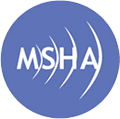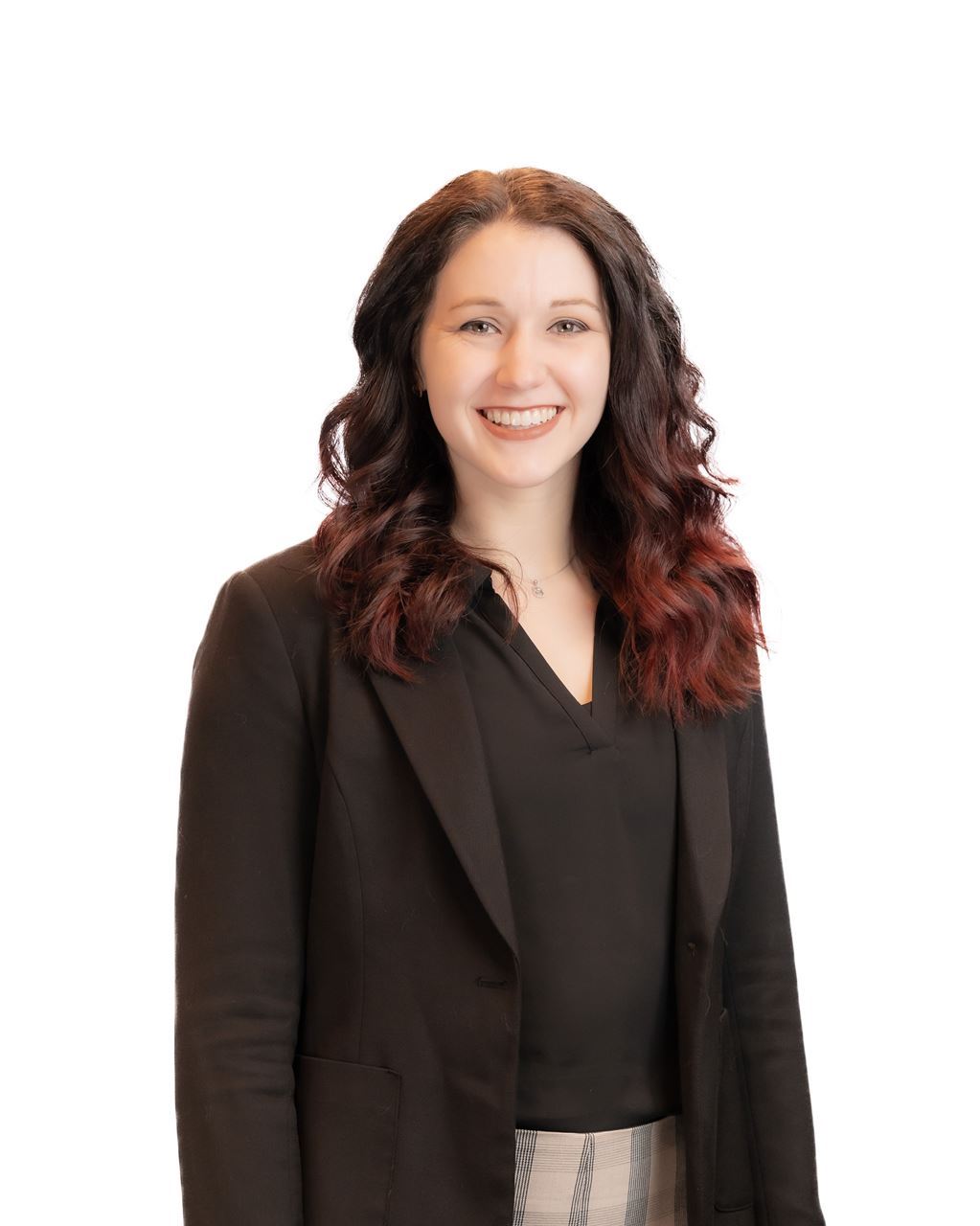
Integrating Interpreters and Language Translation into Your Practice
February 1-28, 2025
Members: $10
Non-Members: $60
Program materials will be distributed via email the first business day of February.
Description
One in every five adults use a language other than spoken English in the home. Furthermore, 8% of the United States population has limited English proficiency (LEP). When considering health literacy, this barrier is magnified. At least half of those with LEP are identified as having low health literacy. LEP can negatively impact an individual’s ability to understand and use health information to make informed decisions about their care. Appropriate use of language interpreters in the medical setting can improve care given to non-English speakers and those with LEP. This session addresses the laws and ethical standards regarding interpreter use, qualifications of interpreters, and appropriate methods of communication via interpreters.
Presenters
Emily Jo Venskytis
Learner Outcomes
1. Summarize laws related to the use of interpreters in the healthcare setting.
2. Analyze the interpreter offerings in their current practice with considerations for variance in health literacy.
3. Demonstrate effective and culturally appropriate techniques when working with interpreters.
Agenda
5 minutes: Introduction and why use Interpreters?
5 minutes: Terminology
10 minutes: Health Literacy and Limited English Proficiency
10 minutes: Laws related to Interpreter use
5 minutes: Who is an appropriate Interpreter?
5 minutes: Who is not an appropriate interpreter
5 minutes: What if an Interpreter is refused?
5 minutes: Cost and modalities of interpreters
5 minutes: How to work with Interpreters
10 minutes: Interpreter scenarios and videos
10 minutes: Conclusion
15 minutes: Q+A
About the Presenter

Emily Jo Venskytis, AuD, is Director of Clinical Education and Assistant Professor for the Doctor of Audiology program at the MGH Institute of Health Professions. Additionally, she serves as a clinical audiologist at Massachusetts Eye and Ear in the Charlestown office. She enjoys training the next generation of audiologists in mindful, patient-centered and evidence-based practice. Dr. Venskytis is passionate about pediatric care and has extensive clinical experience on inter-professional teams. Her areas of interest include diagnostics for difficult-to-test patients, electrophysiology, audiologic management including cochlear implants, bone anchored devices, and hearing aids, and community outreach for underserved populations.
Disclosure Statements
Financial: Emily Jo Venskytis receives a salary from MGH Institute of Health Professionals and Mass Eye and Ear.
Non-Financial: Emily Jo Venskytis serves on the Scientific Advisory and Research Council for the American Academy of Audiology.
Discrimination Policy:
MSHA does not discriminate against students, parents, employees or the general public on the basis of race, color, sex, homeless status, gender identity, religion, national origin, sexual orientation, disability, or age. MSHA is also committed to maintaining an educational environment free of harassment. Harassment based on race, color, religion, national origin, gender, sexual orientation, gender identity, homeless status, age or disability is prohibited. In addition to the protected classes identified above, as to employment practices, MSHA also does not discriminate based on genetic information, ancestry or status as a veteran.
Accommodations for Persons with Disabilities:
We want to provide the best learning experience for everyone. In compliance of the ADA, should you require any accommodation to fully participate in this training, please contact theoffice@mshahearsay.org or call 781-314-9517.
Continuing Education Credits:
Satisfactory Completion Requirements for ASHA CEU’s
ASHA CEU’s will be awarded after viewing of the entire presentation and submission of a completed evaluation and an assessment of learning. There is no partial credit. A link to the assessment and evaluation will be sent out following the program.
ASHA requires participation in the CEU Registry to receive CEUs. If you are not part of ASHA’s CEU Registry, the Certificate of Completion will serve as documentation for ASHA CMHs.

ASHA CE Provider approval and use of the Brand Block does not imply endorsement of course content, specific products, or clinical procedures.
Interested in sponsoring this event? Please consider partnering with us for this worthwhile experience. If you have any questions, contact our office at 781-647-7031 or by email at theoffice@mshahearsay.org.
